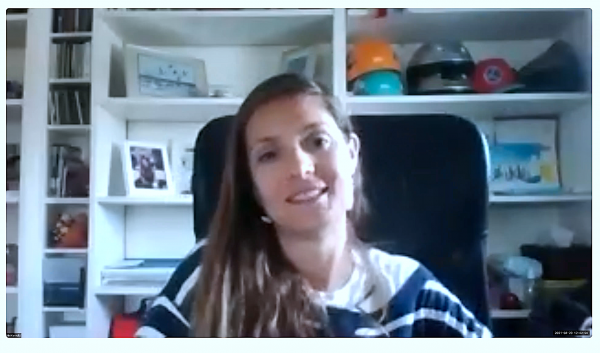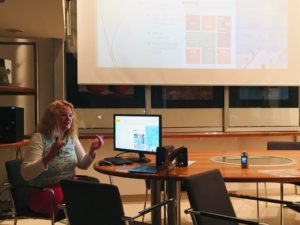Gender Equality is a core theme discussed in international frameworks. In fact, the European Union has deemed it a political priority. This provides guidance in addressing multiple strategies to ensure equality for all genders in all professional fields. A significant disparity was then noticed within the field of Academia, and how gender plays an important role in various positions of such institutions.
As an attempt to pilot experiences for improving gender equality in research organizations, a project named R&I Peers was started. This is a European Union-funded project, and it seeks to create and validate specific actions and strategies to improve gender equality. It was necessary to identify the lack of women in research and innovation spaces especially when it came to higher position jobs. There was also a need to address practices founded in collaborative efforts to incentivize gender balance within academia and research posts. In order to accomplish such, this project was able to implement seven Gender Equality Plans (GEPs) in different research and innovation organisations.
The GEPs are as follows:
- Work-life balance
- Mentoring
- Gender-sensitive language
- Raising Awareness about Gender Equality within the organisation
- Integrating Gender in research and Curricula
- Reducing the Gender-Gap in Decision-Making bodies
- Supporting career and excellence of female researchers
These plans carried many strategies by several partners involved in the project. On one hand, the road was not easy as many partners did face a number of challenges but on the other hand, they were able to claim for victories at their levels of success of what was indeed achieved. Not only that but also, they were able to make predictions of future priorities that would not allow efforts made so far to disappear in time.
Multiple organizations also faced many barriers to implementing their GEPs limited due to factors beyond their own control. For instance, organizations such as Change promoted activities such as training for gender workshops for novice teachers. Unfortunately, there were barriers faced with national political instability, work overload, and the issue of job insecurity. In the same vein, some organizations have highlighted the need for further involvement of institutions and government actions to promote gender equality.
A testimony from experts based in Solvenia were shared on the final conference of this project. The issue of how gender equality efforts are mainly done by women in these institutions but there are no additional payments for any form of consultancy. In fact, there is an assumption that extra work done by women in gender equality efforts is done out of free will. Also, there is a lack of connection of experts and people in a position of power who are able to bring forward such plans and implement them effectively.
An effort from Slovenian partners on #ACTonGender had the goal to share mechanisms by gathering people who wanted to foster change within institutions. however, the major issues are on national legislation, as national regulations is intertwined with practices that are not seen as gender discriminatory. Most women researchers in Slovenia are researchers, but they end up staying in the same positions which can hold mostly “symbolic” and not “actual” power. In other terms, there is a convenient staging of professors and the field of research starts being seen as “feminised”.
One other aspect of importance that should be taken into account is inclusion of gender diversity in multiple fields such as the economy. It is necessary for policies and affirmative activities to be approached with care, as is hard for elite and protected groups to feel threatened by such GEPs as they do not want to leave positions of power.
Moreover, the importance of this project is not only involving a European scope but also reaching beyond. For instance, a South African organization which has identified also the disparity of gender equality in the area of innovation and research. Furthermore, the implemented efforts such as gender equality recruitment, unconscious bias training, and the application of longer shortlist to hire more women in positions of power, emphasize that this is not a battle Europe fights alone.
After a long 4 years in progress, the project is sadly over and what is left is to reap from the results gained after this time. R&I Peers will leave a mark on everyone involved but more importantly, it has been able to set a base for other projects to build from it and GEPs can be further developed in order to bring down the existing disparity.



















